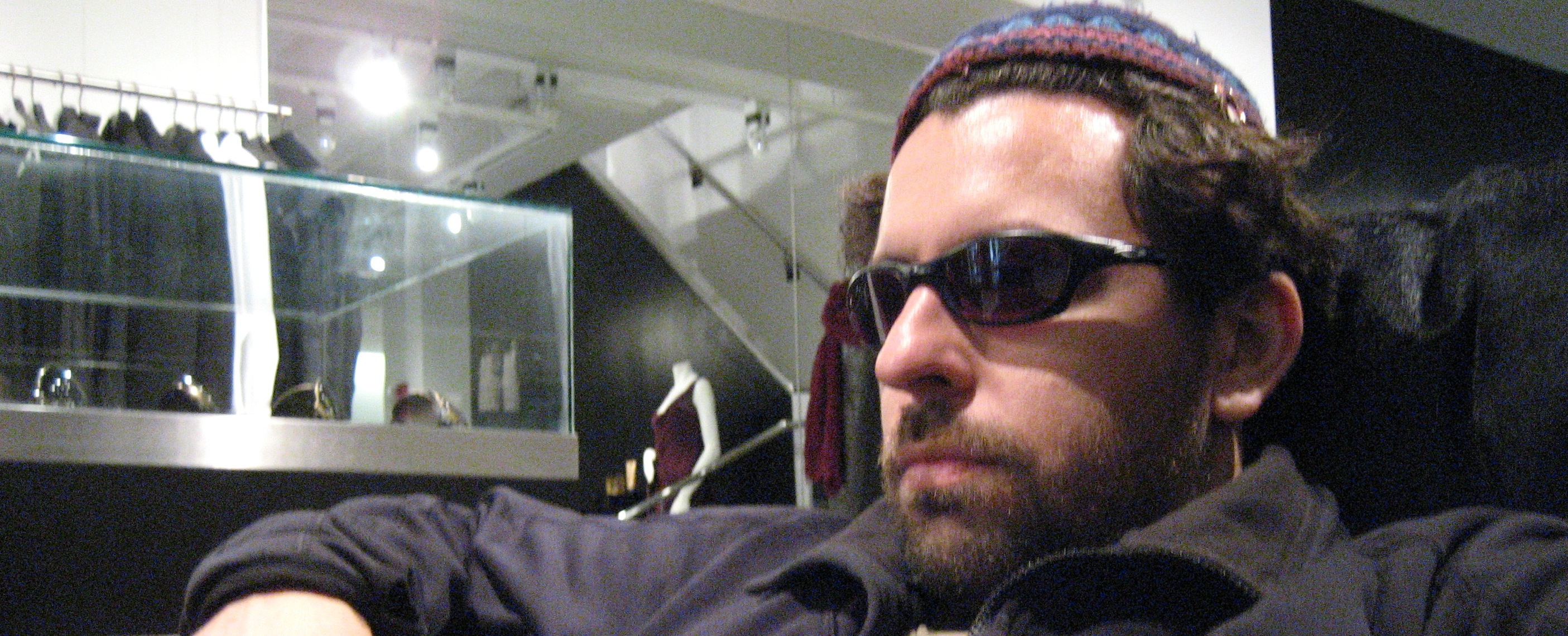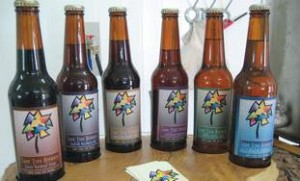Success is Brewing
The Lone Tree microbrewery in Gush Etzion is trying to raise the bar for the country’s beer industry.
for original article click here.
Otherwise read below…
By Amihai Zippor
10/01/2010
Giving tours at the Lone Tree microbrewery in Gush Etzion, Susan Levine is often asked a very basic question: “Who does the brewing?” When a visitor hears that Levine is making the next batch, the guest usually smiles politely and asks again.
“They’ll look at me and say, ‘But who really does the brewing?’ and I look at them straight in the face and say, ‘Am I too old, too female or too religious?’ I don’t fit people’s image,” she explains.
Having made aliya from the US four years ago, Levine and her husband Yochanan and their partners David and Myriam Shire officially opened Lone Tree last year. Home brewers for years, both couples realized that just like good wine was once scarce in Israel but is now internationally recognized, so the market for quality beer is small but has great potential.
“Just like I am from Scotland and my wife is from Tunisia, Israel has a very mixed cultural base. And from that point of view, Israelis are very open to new things, new ideas, and especially new foods and drinks,” says David. “Look at Jerusalem in terms of sushi. I mean, I can’t imagine that in Scotland they would be able to sell it like they do here.”
With Lone Tree and a handful of other local enterprises promoting their products in the Middle East, microbrewers are also reintroducing the art of beermaking into the region where it originated.
Hieroglyphics and other artifacts indicate that beer was a popular drink in ancient Egypt and Mesopotamia before making its way to Europe and then England. The Jewish connection to beer dates back to biblical times, as sources state that Pharaoh punished the cupbearer in the story of Joseph because he ruined the king’s brew. In later times, the Talmud tells of Rabbi Hisda and Rabbi Papa, who earned a living as brewers.
Although the the Levines and the Shires also hope to make a livelihood from the craft, opening the microbrewery was not just about establishing a business in the cradle of Jewish civilization. It was also about educating others about the Land of Israel, especially Gush Etzion.
“Being in this magnificent place and keenly aware that the people who lived here before us gave sweat and blood for the land, we asked ourselves, ‘What are we going to contribute?’” says Susan, adding that opening the brewery seemed like the natural thing to do. “It sounds crazy, but the reality we have seen is that those visiting the brewery are now interested in the Gush.”
The public’s first history lesson through beer took place at a biannual conference of Israeli chefs in Herzliya earlier in the year, where Lone Tree met about 150 exhibitors who had many questions about the label’s distinctive tree logo. They were surprised to learn that it represented a large oak, the “lone tree” that survived the fall of Gush Etzion to Arab armies on the eve of Israel’s 1948 War of Independence. The Levines say they are proud to be immigrants teaching people who grew up in Israel about Israel.
Educating about alcohol is also an important facet of the operation. Conscious of the message they may be sending to young people, the brewery is housed in a modest building behind Alon Shvut, away from population centers. Though Susan acknowledges that beer is a great beverage for the right time in the right place for the right age, Lone Tree is very careful not to tempt youngsters who are legally and morally too young to drink. At the same time, she stresses that under the right circumstances, the alcoholic drink is a healthy beverage naturally rich in vitamin B and is void of sugars and other artificial ingredients.
“Beer is made from barley, a plant called hops, yeast and filtered water. Sounds good and tastes good,” she says, adding that in England it is traditionally given to women who just gave birth to replenish their milk supply.
Despite its simplicity, making beer is a process that takes ingenuity and patience. At Lone Tree, three large pots sit on a stair-like frame, each on its own level, utilizing gravity as a tool. After the barley is crushed well enough for the starches to be released, a process of cooking, rinsing, cooling and filtering takes place before the brew is placed in large jugs in a cooling room to ferment and carbonate. Each batch makes 100 to 120 bottles and, depending on the flavor, could take anywhere from one to seven months to mature.
Though their production is still small, the Lone Tree owners try to minimize different types of waste, such as the barley cereal left after each brew, which is given to certain animals for consumption.
Furthermore, cylindrical tubing used to pump cool water through the barley has recycled the same jugs of water for the past five months.
Lone Tree produces eight different flavors, including pomegranate ale. The line has been gaining popularity with tourists and locals alike.
Yochanan recalls how a Sephardi man delivering supplies to the adjacent agricultural industry stopped by for a tasting one day. “Even though he wasn’t a religious man outwardly, the Sephardim tend to be pretty traditional and in many circles would never eat or drink anything without saying a blessing. Before he took a sip, he pulled his T-shirt over his head in place of a kippa,” he recounts.
When the man finished the gulp, Levine says he exclaimed, ‘This beer is better than Guinness!’” That comment, says Levine, “was one of our first high compliments from someone who wasn’t a friend and had no stake in our business.”



